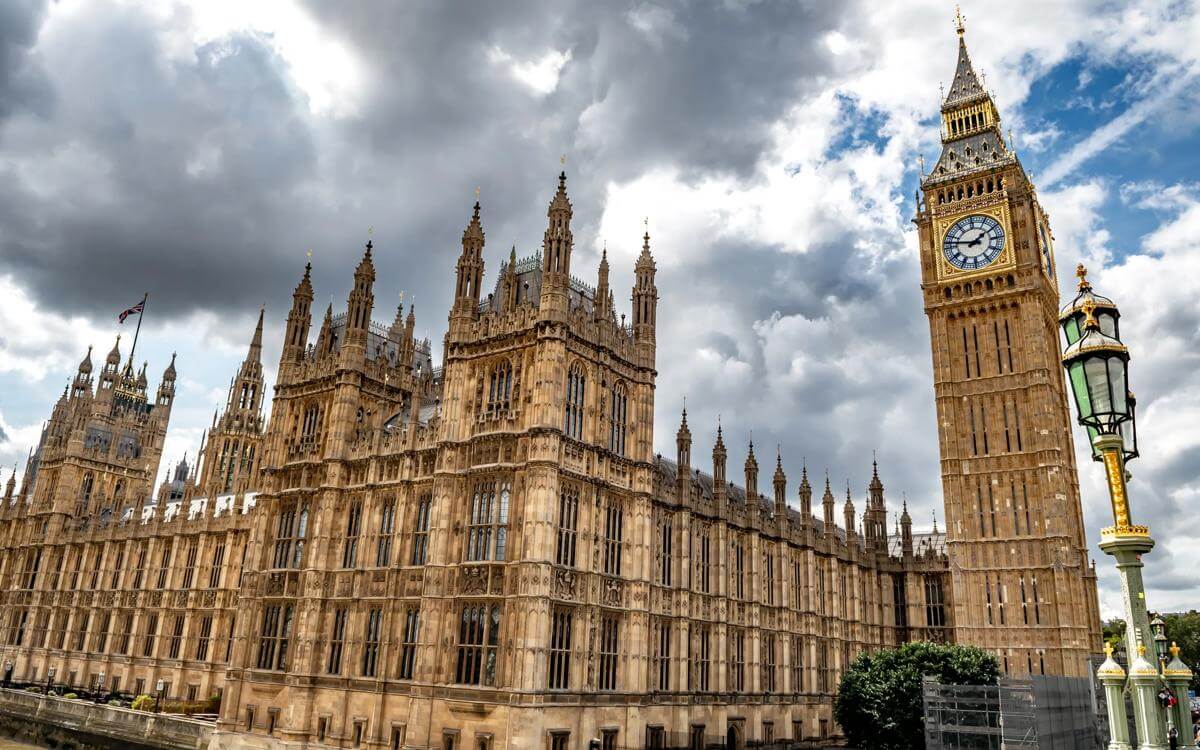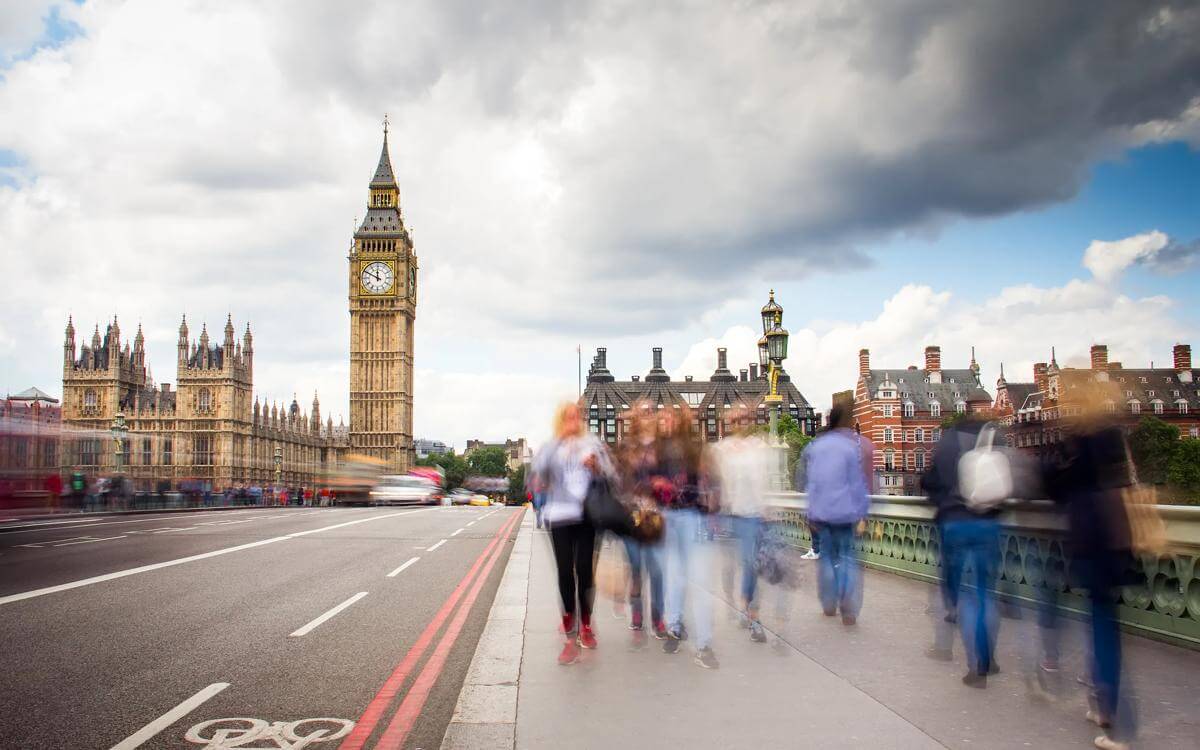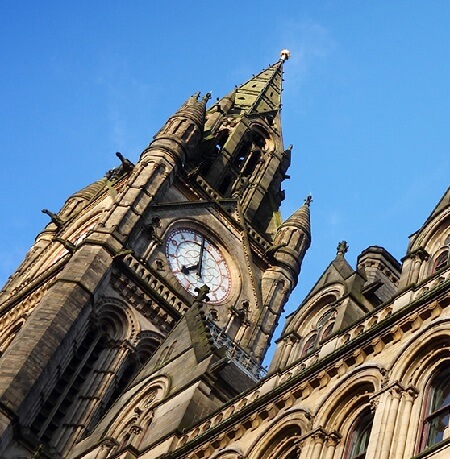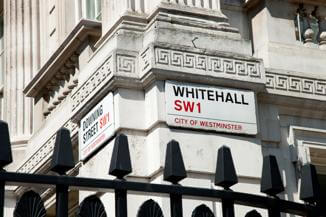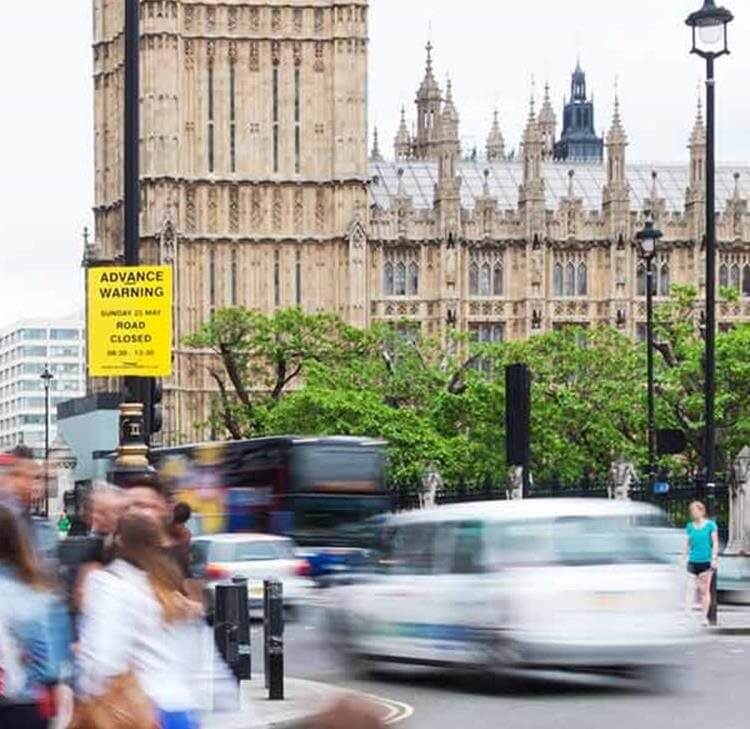The recently announced Orgreave public inquiry, expected to launch this autumn, is the latest in a long list of inquiries and high-profile investigations instigated by the Labour government.
The decision to launch the Orgreave inquiry, after years of resistance from successive governments, signals a potential shift in the official stance towards revisiting contentious historical events.
For many years, campaigners faced government reluctance, with concerns cited about cost, political sensitivity, and the potential to reopen old wounds. The eventual announcement of the inquiry may reflect a growing recognition of the need for transparency and restorative justice, particularly in cases where public trust in institutions has been severely eroded.
Similarly, the establishment and resourcing of inquiries into child sexual abuse and the investigation into maternity services indicate an acknowledgement - albeit sometimes belated - of the scale and seriousness of institutional failings.
These inquiries have often followed intense public pressure, media scrutiny, and advocacy from victims and their families, suggesting that government appetite for inquiries is frequently reactive rather than proactive.
Calls for the inquiry
The Orgreave inquiry will investigate the events of 18 June 1984, during the UK miners’ strike. On that day, violent clashes erupted between striking miners and police at the Orgreave coking plant in South Yorkshire. The incident, widely televised and reported, became emblematic of the fraught relationship between the state and organised labour during the Thatcher era.
For decades, campaigners, former miners, and civil society groups have called for a full public inquiry into the policing of Orgreave. Allegations of police brutality, fabrication of evidence, and subsequent miscarriages of justice have persisted, with critics arguing that the events at Orgreave were not only a local tragedy but also a national scandal with far-reaching implications for policing, civil liberties, and state accountability.
Significance of the inquiry
The announcement of the Orgreave inquiry is significant for several reasons. It represents a long-awaited opportunity for those affected to have their voices heard and for the public to gain a clearer understanding of the events and their aftermath.
The inquiry is expected to scrutinise the conduct of the police, the role of government, and the integrity of the criminal justice process.
The Orgreave inquiry may set important precedents for how the UK addresses historical injustices, particularly those involving state actors.
Comparative insights: Orgreave, grooming, and maternity services inquiries and investigations
Despite their differing subject matter, these inquiries share several common themes:
- Systemic failures: Each inquiry or investigation will investigate deep-rooted systemic issues, whether in policing, child protection, or healthcare.
- Institutional culture: A recurring theme is the detrimental impact of closed, defensive, or hierarchical cultures that discourage whistleblowing and marginalise victims.
- Delayed justice: In all cases, there has been a significant time lag between the events in question and the establishment of an inquiry, often compounding the suffering of those affected.
The role, impact and challenges of public inquiries
Public inquiries serve several vital functions in democratic societies:
- Truth-seeking: They provide a forum for establishing an authoritative account of contested events.
- Accountability: Inquiries can hold individuals and institutions to account, even if criminal or civil liability is not established.
- Learning and reform: By identifying systemic failings, inquiries can drive policy and cultural change.
Challenges and limitations
Despite their value, public inquiries face significant challenges:
- Delay and cost: Inquiries are often lengthy and expensive, raising questions about efficiency and value for money.
- Implementation gap: There is frequently a gap between inquiry recommendations and their implementation, with reforms sometimes diluted or delayed.
- Political sensitivity: Inquiries into state actions, such as Orgreave, can be politically contentious, with governments sometimes reluctant to expose institutional failings.
- Victim fatigue: For survivors and families, the inquiry process can be re-traumatising, especially if outcomes fall short of expectations. The real test of an inquiry’s value lies in the implementation of its recommendations and the willingness of institutions to embrace change.
The future of public inquiries
On the one hand, inquiries can reveal hard truths, offer survivors a voice, and propose sweeping reforms that aim to address structural failings. On the other hand, they can take years, cost millions, and risk generating recommendations that simply gather dust if political will is lacking.
Looking ahead, there is growing interest in more agile, participatory, and restorative models of inquiry that prioritise healing and learning over blame and re-traumatisation. Arguably this needs to happen to ensure and encourage engagement from the people who are best placed to provide fist hand evidence to the Inquiry without fear of reprisals and recrimination. Striking the right balance between holding individuals to account and fostering a culture of openness, engagement and learning remains a central challenge.
Inquiry Chairs will be under pressure to deliver recommendations at speed to avoid mistakes of the past and to rebuild public confidence in key institutions.
Advances in technology offer new opportunities for transparency, public engagement, and evidence-gathering. With so many inquiries needing to investigate historical matters, record keeping, data storage and retention is likely to come under the spotlight, and the use of digitisation and technology to assist with documentary evidence will be crucial.
Yet even with these challenges, the UK’s willingness to undertake inquiries like Orgreave - and to confront episodes of historical and institutional wrongdoing - demonstrates a societal commitment to inquiries as a means of exposing the truth and driving change.
While no inquiry can undo the tragedies of the past, they serve as a critical mirror into what went wrong and why, as well as a roadmap for preventing future repeated mistakes.
Related expertise
You may be interested in
Legal Update
Newsletter guidance for healthcare providers on PSIRF and inquests
Legal Update
The Public Office (Accountability) Bill: A new era for inquests, inquiries and public accountability
Opinion
Preparing for the Casey Inquiry: The importance of language
Legal Update
The Orgreave public inquiry: Background and significance
Legal Update
National inquiry into child grooming: What does this mean for insurers?
Guide
Legal project management: A cornerstone in operational delivery of inquiries
Legal Update
Analysis: National audit on group-based child sexual exploitation and abuse (June 2025)
Press Release
Browne Jacobson comments on the government's 10 year infrastructure strategy
Legal Update
What might the public inquiry on child sexual exploitation look like
Video
Investigations and inquiries into child sexual exploitation and grooming
Press Release
Browne Jacobson to explore skills challenges in built environment at UKREiiF event
Legal Update
Making public inquiry recommendations work
Legal Update
Martyn’s Law: Implications for public authorities
Press Release
Browne Jacobson returns to UKREiiF 2025
Press Release
Comment on government's response to Grenfell Inquiry
Legal Update
Government proposals to enhance public trust in the public inquiry process
Press Release
Government's announcement on child grooming inquiries: What local authorities need to know
Legal Update
Calls for public inquiry into child sexual exploitation intensify amidst political pressure
Legal Update
Martyn’s Law: Paving the way for enhanced security measures across UK venues and events
Legal Update
What the UK Covid-19 Inquiry means for schools
Press Release
Browne Jacobson to lead discussions on the future of real estate and infrastructure at this year’s UKREiiF 2024 event
Legal Update
Subsidy control lessons to be learnt from Bulb
Legal Update
What role do HE employees have to play in public inquiries?
Legal Update - Public matters newsletter
Public matters - January 2023
Opinion
Coroner’s refusal to issue a Prevention of Future Deaths Report following death in prison custody inquest was lawful
Legal Update
Covid 19 public inquiry
The start of the public inquiry into Covid-19 in the UK has moved one step closer with the appointment on December 17 2021 of Baroness Heather Hallett to chair the inquiry. The inquiry was announced in May last year and is due to start in the spring of 2022.





